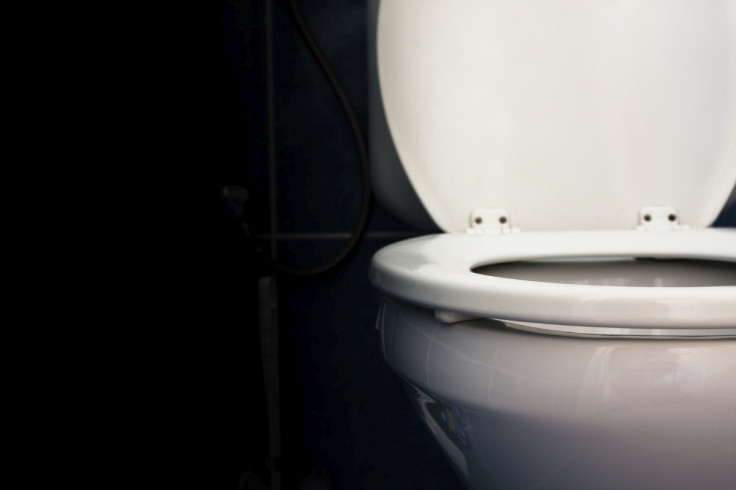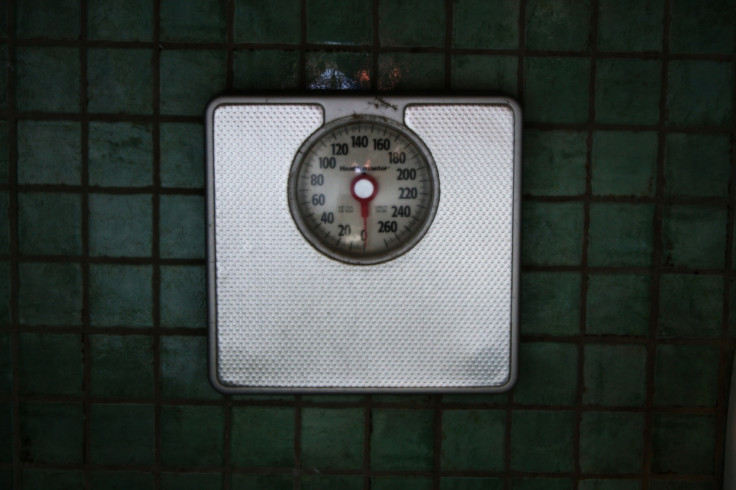Frozen poo transplants just as effective as fresh ones for C. diff. as faeces pill trialled for obesity

Frozen poo transplants are just as effective at treating Clostridium difficile infection (CDI) as fresh faeces, scientists have discovered, raising the possibility of lower costs and screening requirements. Scientists found the use of frozen samples did not result in a significantly lower rate of C. diff. returning than those treated with fresh samples, and that the two were similar in terms of safety.
C. diff. is one of the most common causes of colon infections and if conventional treatments fail, options for recurrent infection are limited. Healthy humans have a lot of good bacteria in their gastrointestinal tract. Faecal microbiota transplantation (FMT) works by taking samples from healthy individuals and implanting them into people who have too much of a bad bacteria. The transplant helps restore gut bacteria levels back to normal.
Publishing their research in the journal Jama, a team from McMaster University in Canada said restoring protective colonic microbiota through faecal transplants has proven effective in treating recurrent CDI, but it is limited because of the difficulties in preparing fresh material.
The team randomly assigned 232 adults to receive either a frozen or fresh faeces transplant. After treatment, the team assessed the effectiveness of both samples and found no difference between the two. "In this clinical trial, the use of frozen FMT compared with fresh FMT for the treatment of recurrent or refractory CDI was non-inferior [not worse than] in terms of efficacy; findings for frozen FMT and fresh FMT were similar in terms of safety," they wrote. "Given the potential advantages of providing frozen FMT, its use is a reasonable option in this setting."
The use of frozen and thawed faecal samples would reduce costs because there would be a reduction of number and frequency of donor screenings, samples would be immediately available and they could be delivered to centres that do not have on-site laboratory facilities.
In an accompanying editorial on the study in Jama, Preeti N Malani and Krishna Rao of the University of Michigan Health System and Jama associate editor Ann Arbor wrote: "The ability to use frozen stool eliminates many of the logistical burdens inherent to FMT, because stool collection and processing need not be tied to the procedure date and time. This study also provides greater support for the practice of using centralised stool banks, which could further remove barriers to FMT by making available to clinicians safe, screened stool that can be shipped and stored frozen and thawed for use as needed. In theory, procedure costs may also be decreased, since comprehensive donor screening is expensive."

The findings come as researchers at the Massachusetts General Hospital begin a clinical trial into the use of frozen faeces pill to treat obesity. There is mounting evidence to show gut microbiota plays an important role in regulating our metabolism – and that this could influence a person's weight.
By introducing gut bacteria from someone who is a healthy weight, researchers think this could lead to weight loss in obese people. In their study, 20 obese patients will be given a pill containing a donor's frozen faeces every day for 12 weeks, while another group will be given a placebo. They will then look for changes to body weight, insulin resistance and body composition (changes to lean and fat mass).
Woman 'rapidly became obese' after poo transplant from overweight daughter
A study published in 2015 told how a woman became rapidly obese after having a poo transplant for CDI. She had received the stool from her 16-year-old daughter who at the time had a BMI of 26.4, but later gained 30lbs. Reporting their findings in the journal Open Forum Infectious Diseases, researchers from Massachusetts General Hospital and Harvard Medical School said they could not be sure the transplant was the cause, previous research had shown lean mice can gain weight after getting a faecal transplant from overweight mice.
They wrote: "This case serves as a note of caution when considering the use of non-ideal donors for FMT, and we recommend selecting non-overweight donors. We're questioning whether there was something in the faecal transplant, where some of those 'good' bacteria we transferred may have had an impact on her metabolism in a negative way.
"The hypothesis of FMT triggering or contributing to obesity is supported by animal models demonstrating that an obese microbiota can be transmitted ... This case serves as a note of caution when considering the use of non-ideal donors for FMT, and we recommend selecting non-overweight donors for FMT."
© Copyright IBTimes 2025. All rights reserved.






















